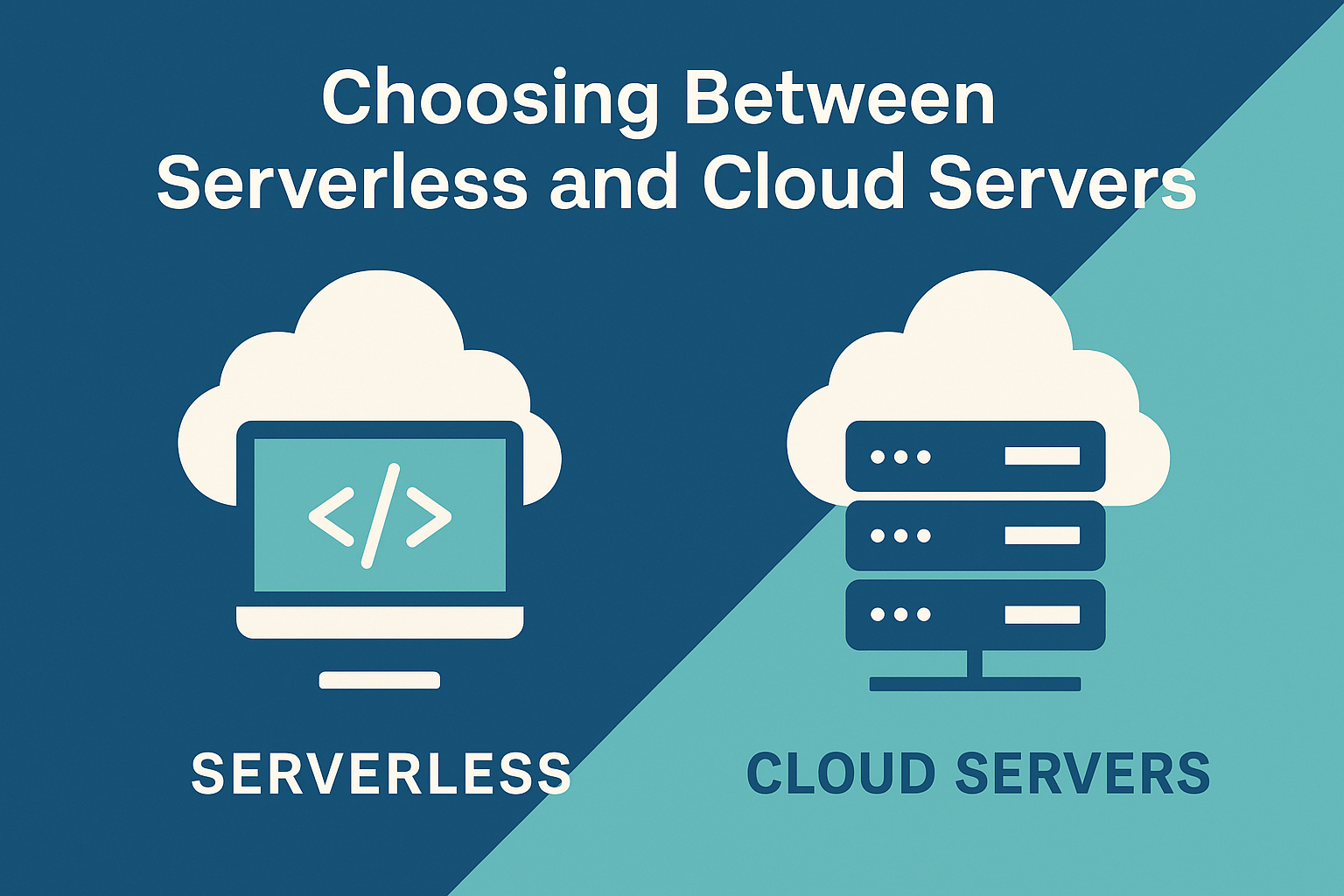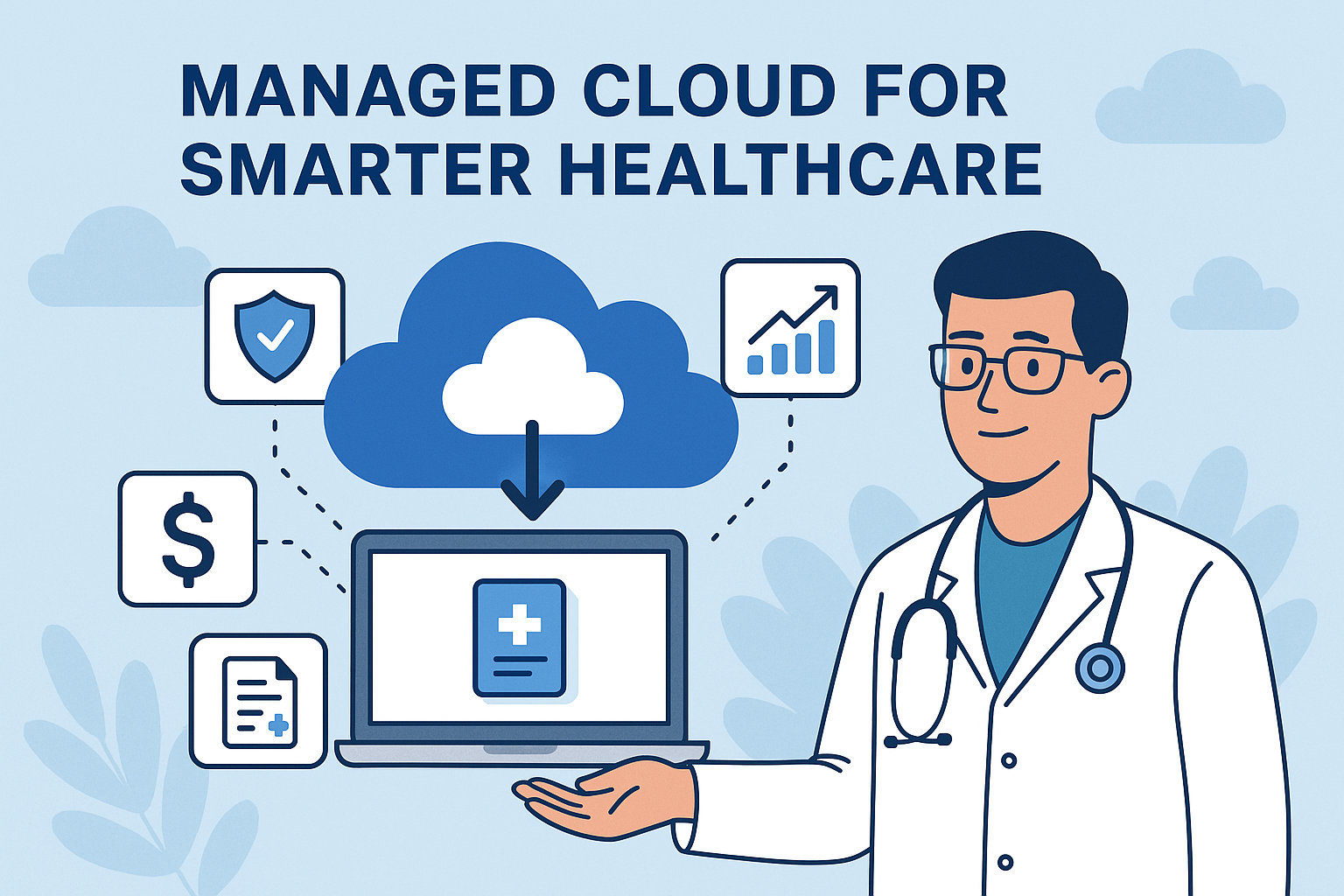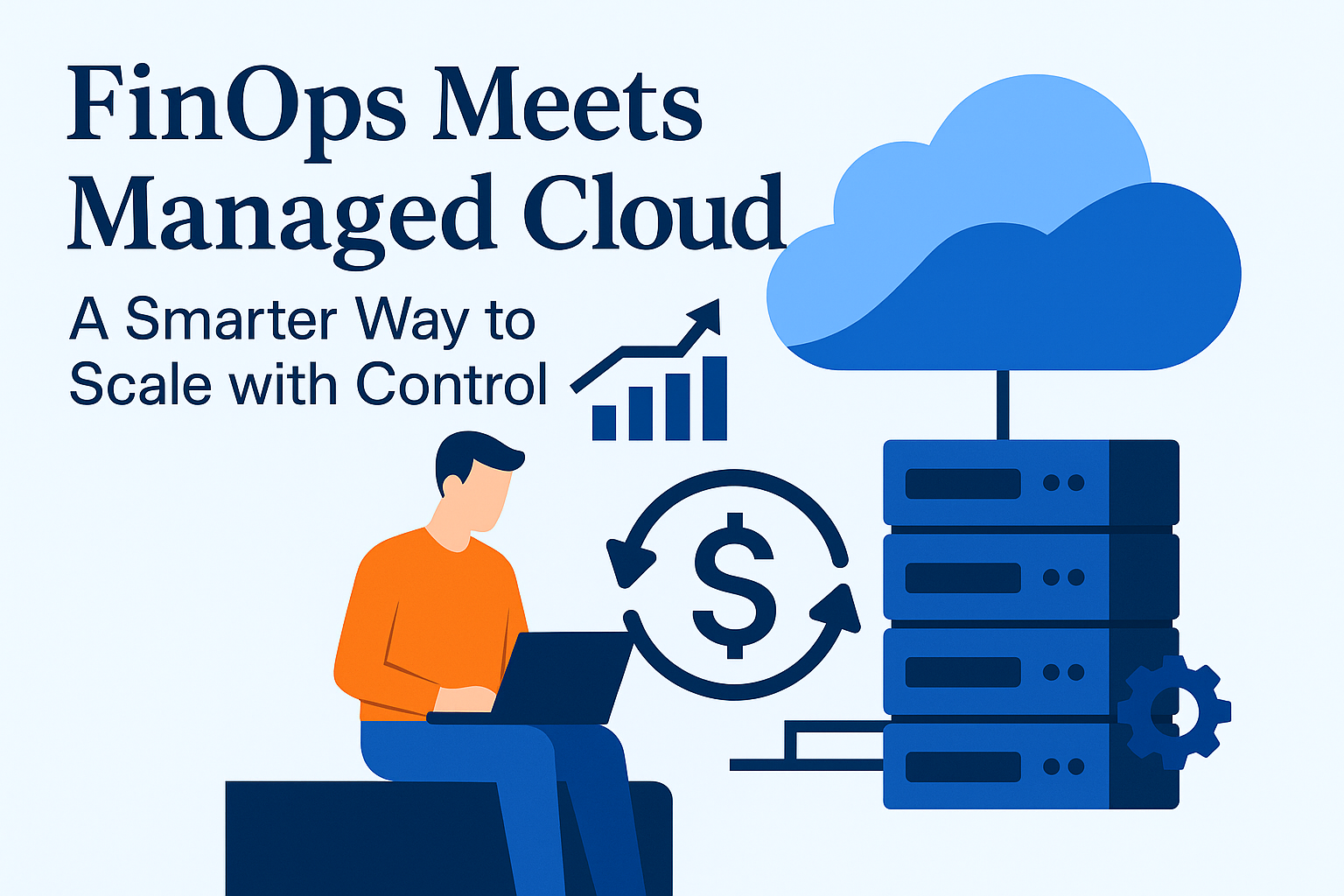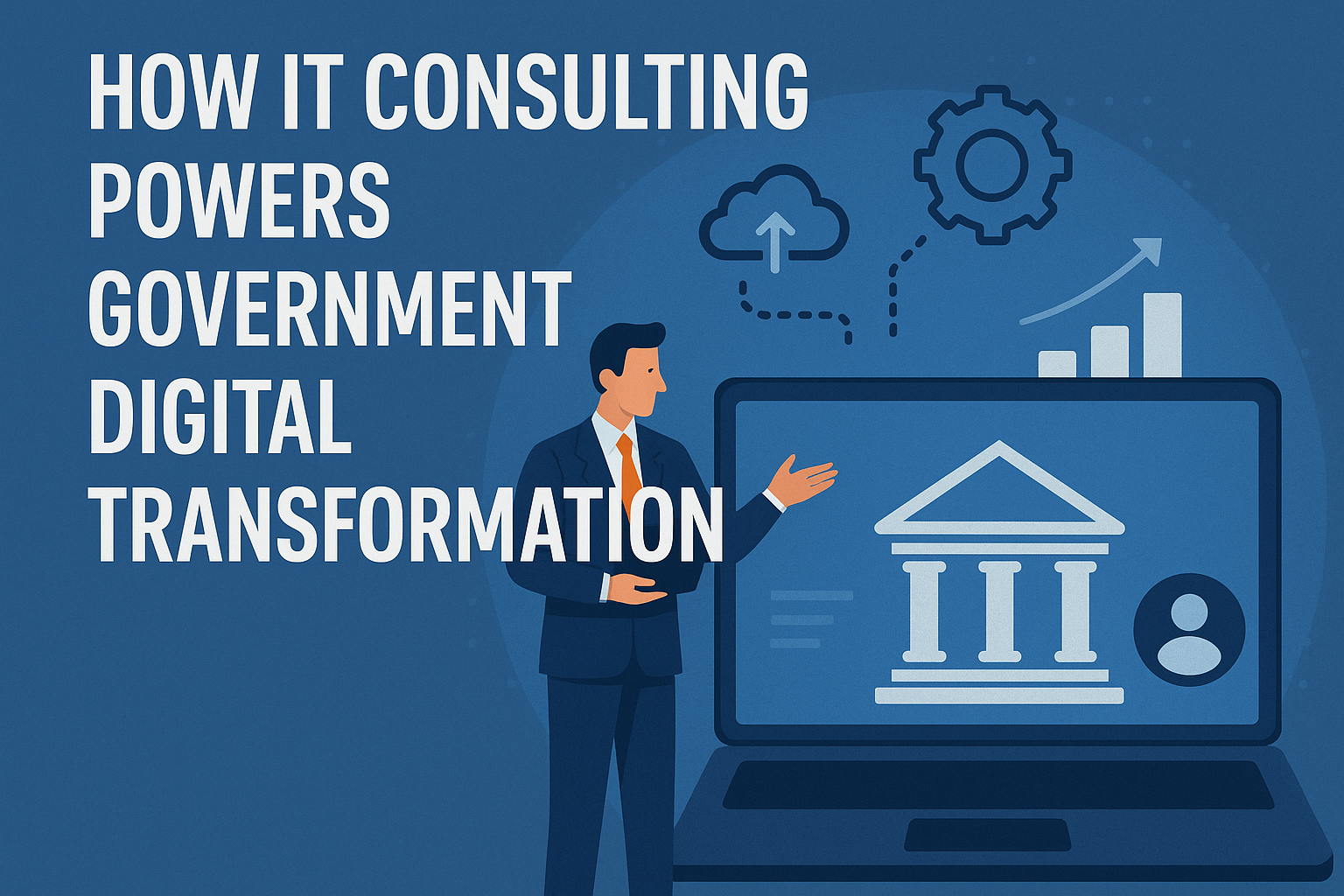Cloud Service Models Explained: IaaS vs PaaS vs SaaS
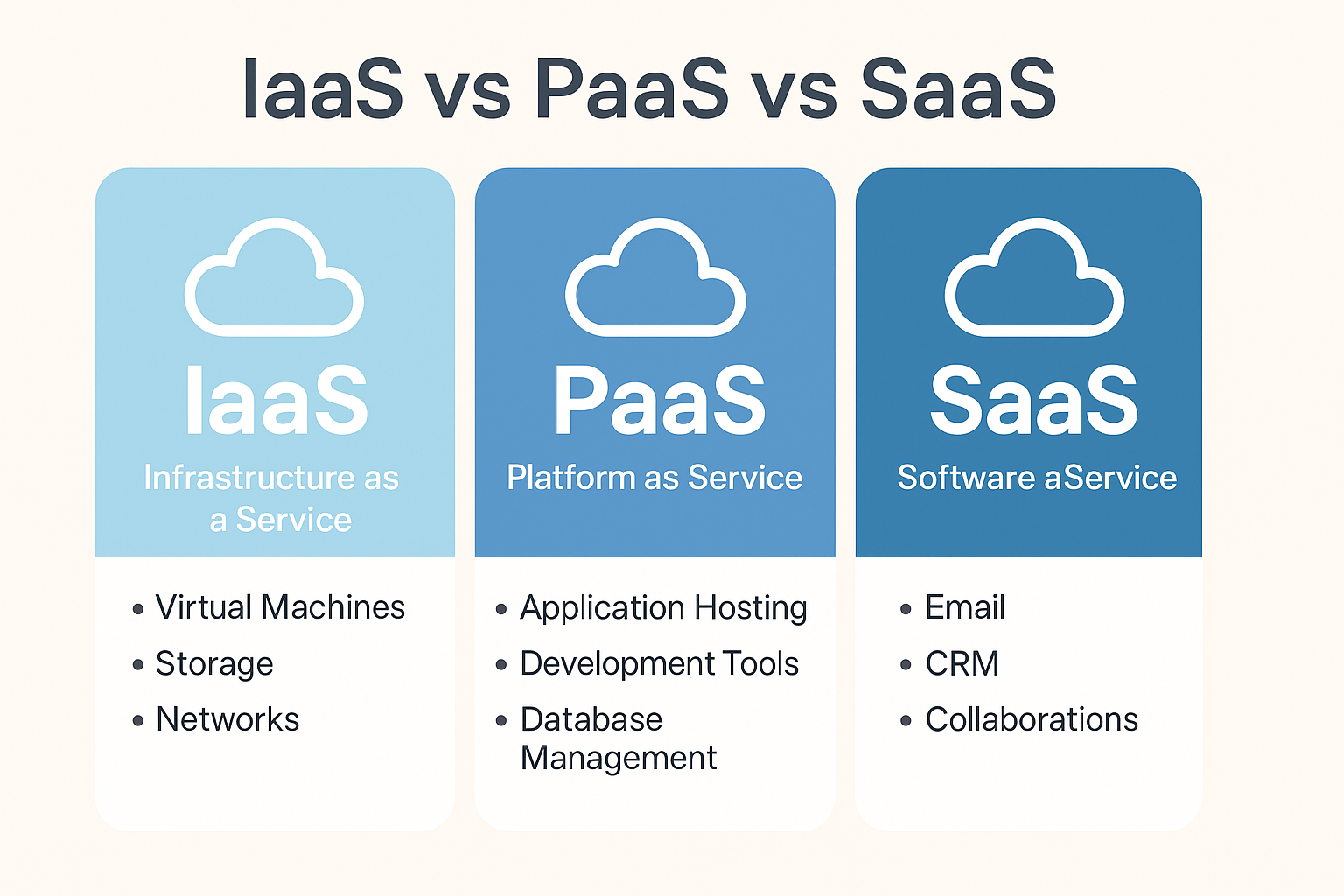
Strong 8k brings an ultra-HD IPTV experience to your living room and your pocket.
Cloud computing has become a foundation for modern business operations. It offers the flexibility to scale, the tools to innovate, and the agility to respond quickly to market changes. But when it comes to choosing how you use the cloud, things can get a bit confusing. That’s where the three major cloud service models come in- IaaS, PaaS, and SaaS.
Understanding what each model offers can help you make smarter decisions about how to build, deploy, and run your applications and services.
IaaS: The Foundation Layer
Infrastructure as a Service (IaaS) gives you virtual access to essential computing resources like servers, storage, and networks. It’s a great choice when you want complete control over your IT environment without investing in physical hardware.
You handle everything from the operating system up- including configurations, patches, and application installs—while the cloud provider maintains the underlying infrastructure.
Why choose IaaS?
If you want full flexibility, customization, and scalability without buying physical equipment, IaaS is your best bet. It’s ideal for hosting websites, running enterprise software, or building your own development environments.
Common examples: Amazon EC2, Microsoft Azure Virtual Machines, Google Compute Engine.
PaaS: The Developer’s Playground
Platform as a Service (PaaS) offers a middle ground between IaaS and SaaS. It provides a ready-to-use environment with all the tools developers need to build, test, and deploy applications.
You do not need to worry about managing servers, operating systems, or updates. Instead, your focus is entirely on coding and delivering the application.
Why choose PaaS?
PaaS is perfect for developers who want speed and simplicity. It’s particularly useful for building modern web apps, APIs, or microservices without managing the plumbing underneath.
Common examples: Google App Engine, Heroku, Microsoft Azure App Services.
SaaS: Ready-to-Use Software
Software as a Service (SaaS) delivers fully functional software through the internet. There’s no installation, setup, or maintenance needed. You just sign in and start using the application.
This model is most common in daily business tools like email, project management, or customer relationship management (CRM) platforms.
Why choose SaaS?
SaaS is user-friendly and quick to deploy. It’s great for companies that want productivity tools without IT complexity.
Common examples: Google Workspace, Zoom, Salesforce, Dropbox.
How Do You Decide?
Each cloud model has its strengths:
- IaaS offers flexibility and control.
- PaaS speeds up development.
- SaaS provides convenience and efficiency.
Your choice depends on what you are trying to achieve. In fact, many businesses use a combination of all three to meet different needs across their operations.
But managing multiple cloud services, platforms, and tools can quickly become overwhelming—especially when uptime, performance, and security are on the line. That’s where managed cloud services make a difference. By offloading the daily operations and technical management to experienced professionals, businesses can focus more on growth and innovation, and less on firefighting infrastructure issues.
Conclusion
There’s no one-size-fits-all when it comes to cloud services. IaaS, PaaS, and SaaS each serve different purposes, and often complement one another in a hybrid setup. By understanding their roles and capabilities, you can build a more strategic and cost-effective cloud roadmap for your organization.
Whether you are just starting with cloud or looking to optimize your stack, making the right choice today can set the foundation for future success.
Note: IndiBlogHub features both user-submitted and editorial content. We do not verify third-party contributions. Read our Disclaimer and Privacy Policyfor details.



